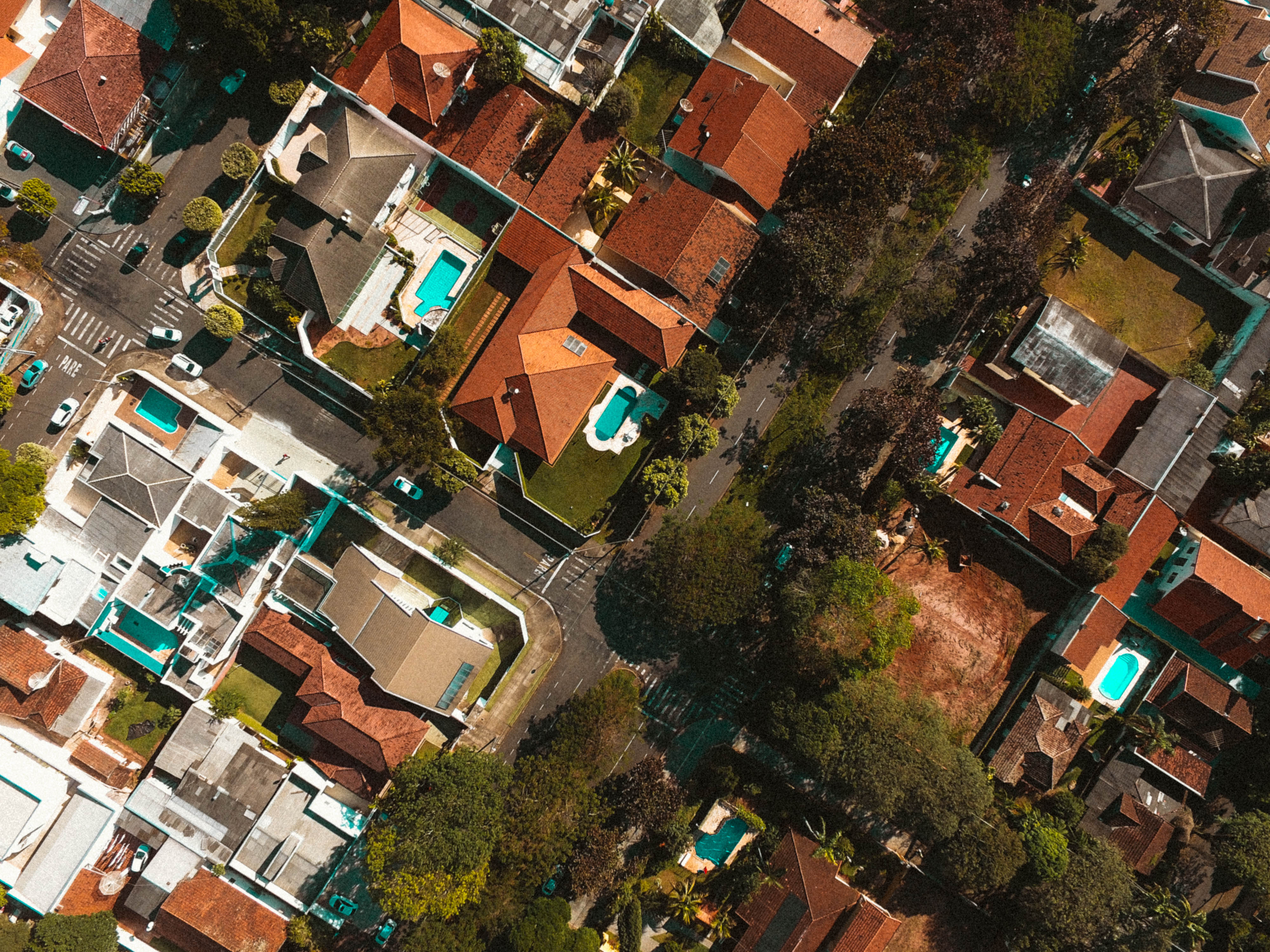By Patrick Hooton
When people think of the suburbs, we often conjure images of large backyards, children playing under the sprinkler in summer and local football games. Historically, these suburban visions would be dominated by the faces of Anglo-Saxon Australians. However, with the ebb and flow of migration and multiculturalism experienced in Australia over the past 30 years these dreams of suburban bliss have become more diverse. Some suburbs in particular have actively sought to welcome this new vision of Australian suburbia, such as the north-eastern town of Eltham.
In 2016, St Vincent’s and Catholic Care worked with Eltham to renovate 60 units at a local retirement village for housing units of up to 120 Syrian refugee families. The renovated units at Judge Book had previously been left abandoned and in a state of disrepair after flooding on Christmas day in 2010. However, they would be renovated and repurposed for this housing. The occupying families had fled their homes, left loved ones behind and faced insufferable odds in escaping war torn Syria, before being granted refugee status to live in Australia. This was done as part of the Coalitions one-off intake of 12,000 Syrian refugees last year.
Mayor of the Nillumbik Shire, Peter Clarke, explained that the council fully supported this move and the council was “Working with the community to help the transition, to make it easy… [for refugees].” The council is also in talks alongside local church groups to create a therapeutic garden. This garden would be built with the help from both old and new locals to build relationships, and to help provide peace and comfort from those fleeing persecution. However, it has been the general Eltham community which has moved to extend its hand in neighbourly welcome. In particular, a community group called Welcome to Eltham campaigned heavily to achieve their mission statement of “Sharing the neighbourly joy with the refugees of Eltham.” Drawing from Eltham’s unique history and environment Welcome to Eltham showcased their attitude of acceptance through the use of the symbolic Eltham copper butterfly. In the 1980s the local butterfly was placed on the endangered list due to threat of extinction. In response, the community came together to try save them. The butterflies were spray painted onto footpaths around Eltham as well as butterfly art installations created. This once endangered species has become the unofficial mascot of acceptance as they rallied in support.
The new refugees in Eltham have “settled in very well”, despite most never having lived anywhere like Eltham (and some members struggling with language barriers). However, that has not stopped them from wanting to give back to the community that welcomed them so generously. Refugees and MP for the state seat of Eltham, Vicki Ward, alongside Eltham 1st Scout Group, further reinforced community ties during Clean Up Australia Day. They all worked together to keep Eltham’s parks clean and to share their love of Eltham.
Despite widespread support for multiculturalism in Eltham there is still some opposition. On the 6th of November 2016, anti-immigration groups came together from other towns and states to protest the changing face of Australian suburbs and called for the rejection of refugees in Eltham. However Vicki Ward, state MP for Eltham, believes that, “there have been no negative interactions…many of the residents enjoy having children around the area” despite concerns. While the anti-immigration protest may have alienated new members to Eltham, it was counter protested, with both sides remaining peaceful under the watchful eyes of a heavy police presence.
While this move has perhaps shaken up more conservative notions of how Australian suburbia should look, Eltham has stood together to welcome their new neighbours. Although there was, and still will be, some small minority who loudly shout at the moving times and changing faces of this suburban town, they possibly ought to heed the wise words of Ms Ward.
“Eltham will continue to evolve, it is not the Gold Rush satellite village it once was,” she said.


